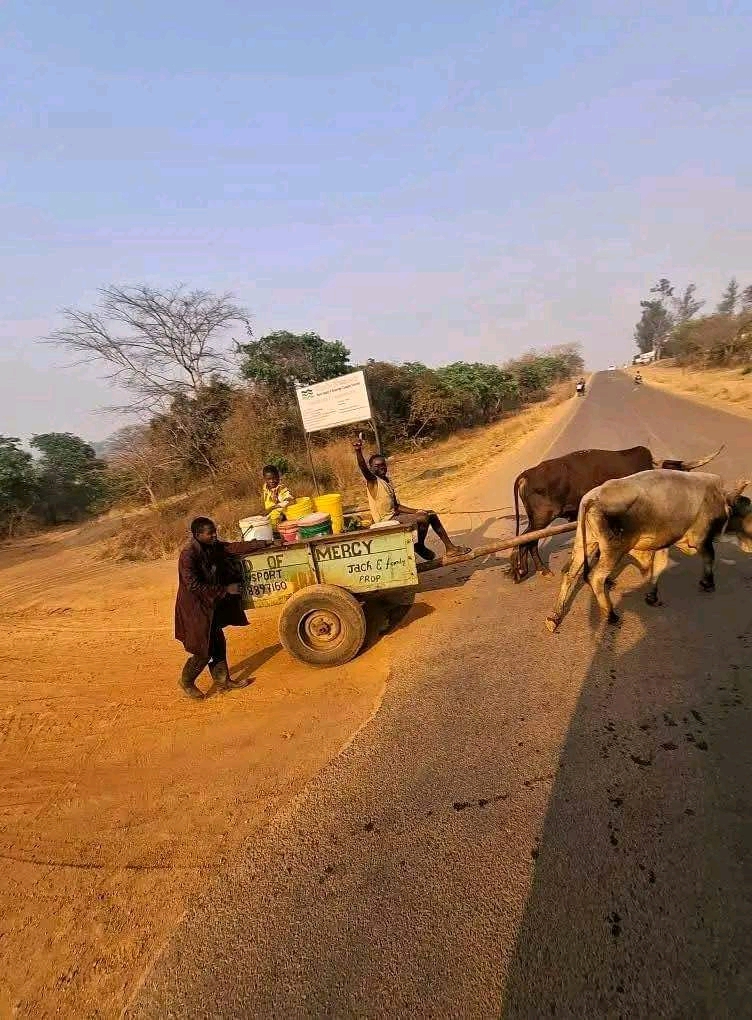Water Crisis Hits Kabompo as Residents Flock to River Banks

The banks of the Kabompo River have become a lifeline for hundreds of residents as the district faces a deepening water crisis that has forced families to rely on bicycles, motorcycles, and even oxcarts to fetch water.
In the scorching afternoon heat, women, children, and men line up with containers, jostling for a chance to scoop the life-giving resource from the fast-drying riverbanks. The once dependable community boreholes have either broken down or run dry, leaving villagers with no option but to trek long distances.
“Every morning, my children miss school because they have to help me collect water. We travel more than 10 kilometers with an oxcart just to reach the Kabompo River,” shared Mary Mwansa, a resident of Chikonkwelo village, her voice heavy with exhaustion.
The struggle has also seen young people improvise by using bicycles and motorcycles, carrying as many containers as possible, though many risk accidents on the rough terrains. For those without any mode of transport, the journey is even more punishing.
Local leaders describe the situation as dire. Chief Kavimbwesa expressed concern that if urgent measures are not taken, the shortage may lead to outbreaks of waterborne diseases. “We cannot allow our people to continue suffering like this. We need quick interventions from government and cooperating partners,” he appealed.
The Kabompo District Health Office has also raised alarm, noting that reliance on untreated river water poses serious health threats, especially with rising cases of diarrheal diseases in rural communities.
While Zambia has made strides in improving rural water supply, districts like Kabompo continue to highlight the gaps that persist. Community members say the water crisis has not only disrupted education but also affected farming, cooking, and basic sanitation.
For now, the Kabompo River remains the only hope. Each day, the sight of bicycles loaded with yellow containers, motorcycles balancing gallons, and oxcarts groaning under the weight of drums paints a picture of resilience—yet also of desperation.
As the sun sets over Kabompo, families return home with their precious cargo of water, knowing the cycle will begin again at dawn, until lasting solutions arrive.
